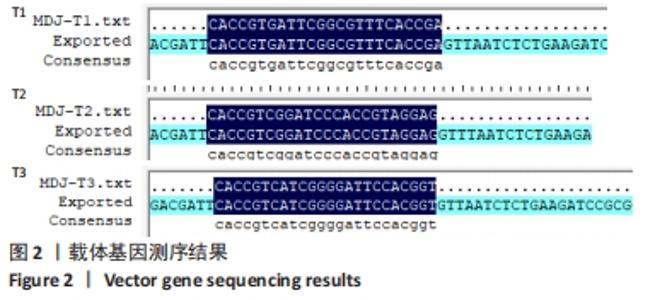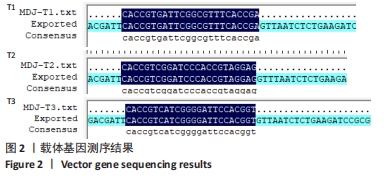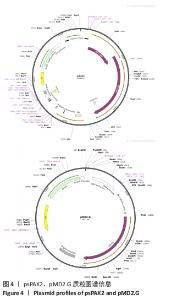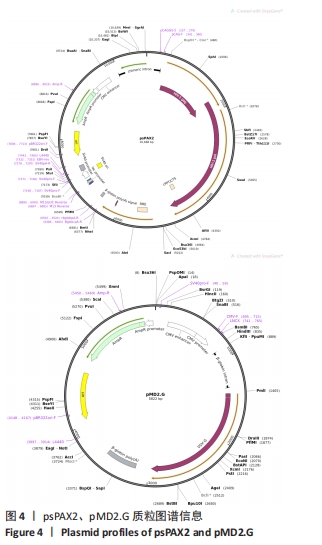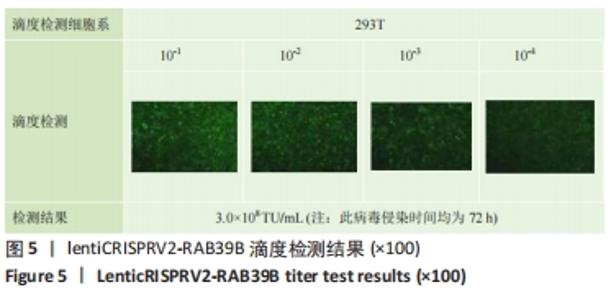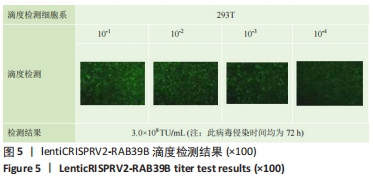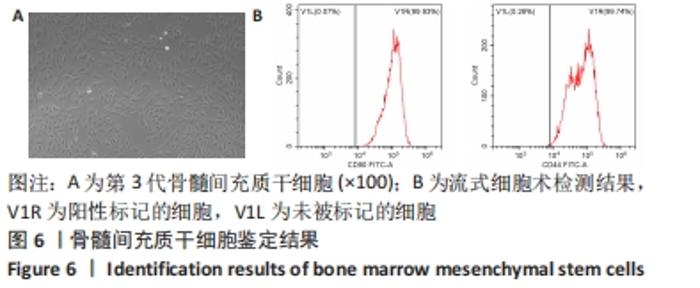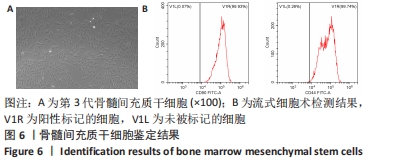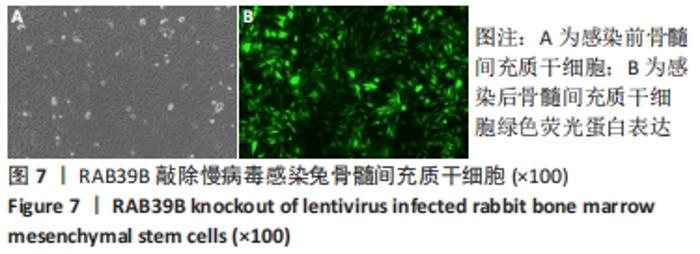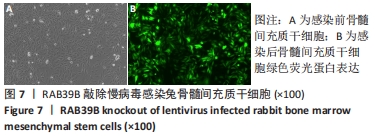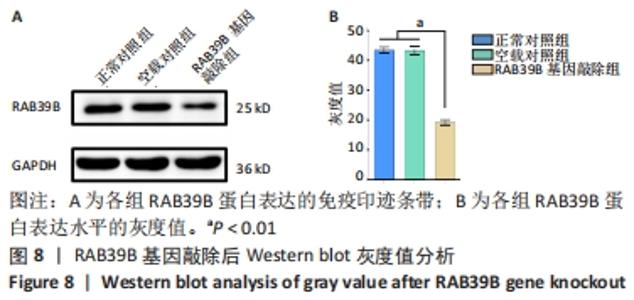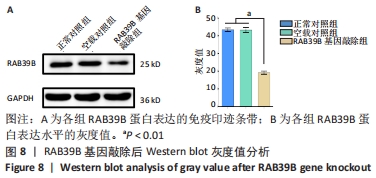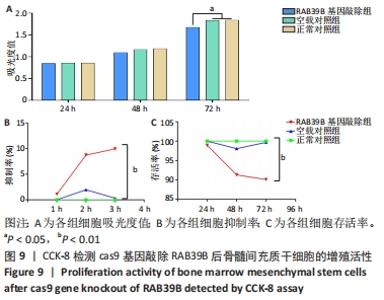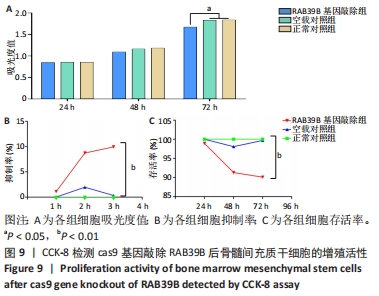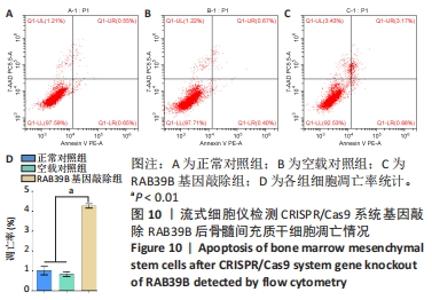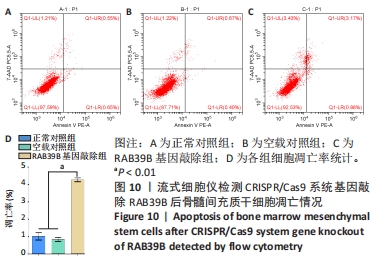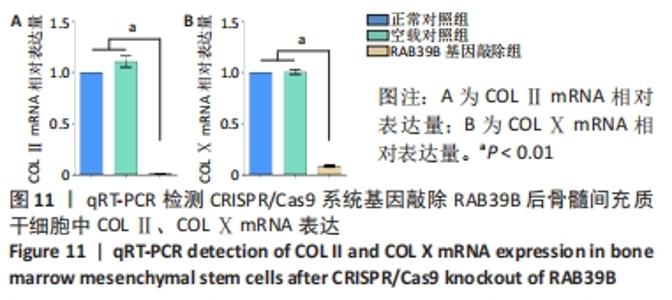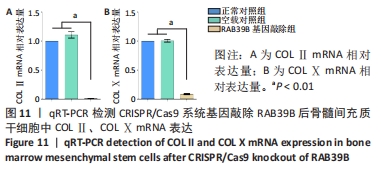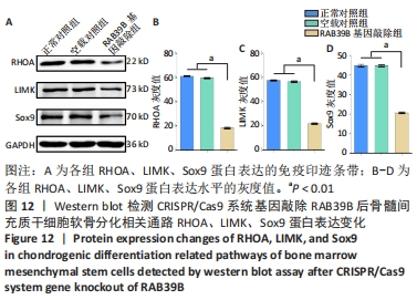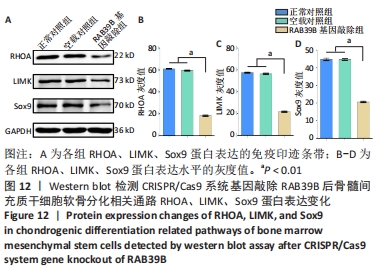[1] TANG BL. RAB39B’s role in membrane traffic, autophagy, and associated neuropathology. J Cell Physiol. 2021;236(3):1579-1592.
[2] CORBEEL L, FRESON K. Rab proteins and Rab-associated proteins: major actors in the mechanism of protein-trafficking disorders. Eur J Pediatr. 2008;167(7):723-729.
[3] 石磊. Rab39b敲除小鼠的构建与基因表达分析研究[D].厦门:厦门大学,2018.
[4] 刘曼青. RAB39B基因在帕金森病中的初步功能研究[D].厦门:厦门大学,2019.
[5] GAMBARTE TUDELA J, BUONFIGLI J, LUJÁN A, et al. Rab39a and Rab39b Display Different Intracellular Distribution and Function in Sphingolipids and Phospholipids Transport. Int J Mol Sci. 2019;20(7):1688.
[6] GAO Y, WILSON GR, STEPHENSON SEM, et al. Distribution of Parkinson’s disease associated RAB39B in mouse brain tissue. Mol Brain. 2020; 13(1):52.
[7] KOSS DJ, BONDAREVAITE O, ADAMS S, et al. RAB39B is redistributed in dementia with Lewy bodies and is sequestered within aβ plaques and Lewy bodies. Brain Pathol. 2021;31(1):120-132.
[8] 张纯希,李想,周钰翔,等.骨骼微环境中谁决定间充质干细胞的分化命运[J].中国组织工程研究,2021,25(25):4045-4052.
[9] 陈有荣,颜昕,邓荣辉,等.间充质干细胞在软骨病损修复中的应用研究进展[J].中国运动医学杂志,2021,40(2):138-144.
[10] 车家驹,金旭红,戴涛.BMP在BMSC成骨、软骨分化中作用及机制的研究进展[J].山东医药,2020,60(16):99-101.
[11] 刘刚,张磊,扶世杰.Notch 信号通路在软骨细胞分化过程中的作用[J].医学研究生学报,2016,29(10):1111-1115.
[12] 覃李玲,严妍,余卓,等.骨髓干细胞在羟基磷灰石涂层钛片上向软骨的分化[J].中国组织工程研究,2019,23(1):35-40.
[13] 王运佳,张宏其,余洪贵,等.MicroRNA-30a通过Sox9调控骨髓间充质干细胞软骨分化的研究[J].中国矫形外科杂志,2018,26(20): 1887-1892.
[14] CAO L, YANG F, LIU G, et al. The promotion of cartilage defect repair using adenovirus mediated Sox9 gene transfer of rabbit bone marrow mesenchymal stem cells. Biomaterials. 2011;32(16):3910-3920.
[15] 文刚,李超,徐亮,等.RhoA/ROCK信号通路在人骨关节炎软骨中的表达[J].中华实用诊断与治疗杂志,2016,30(3):235-238.
[16] JAMES CG, WOODS A, UNDERHILL TM, et al. The transcription factor ATF3 is upregulated during chondrocyte differentiation and represses cyclin D1 and A gene transcription. BMC Mol Biol. 2006;7:30.
[17] 李振华,丁爽,赵长伟,等.LIMK1-siRNA真核载体的构建及在人软骨细胞中的蛋白表达[J].世界中西医结合杂志,2014,9(9):983-984, 1013.
[18] 彭锐,李静,李佳,等.温针灸对膝骨关节炎大鼠软骨组织ROCK/LIMK1/Cofilin通路的影响[J].针刺研究,2020,45(2):105-110.
|
